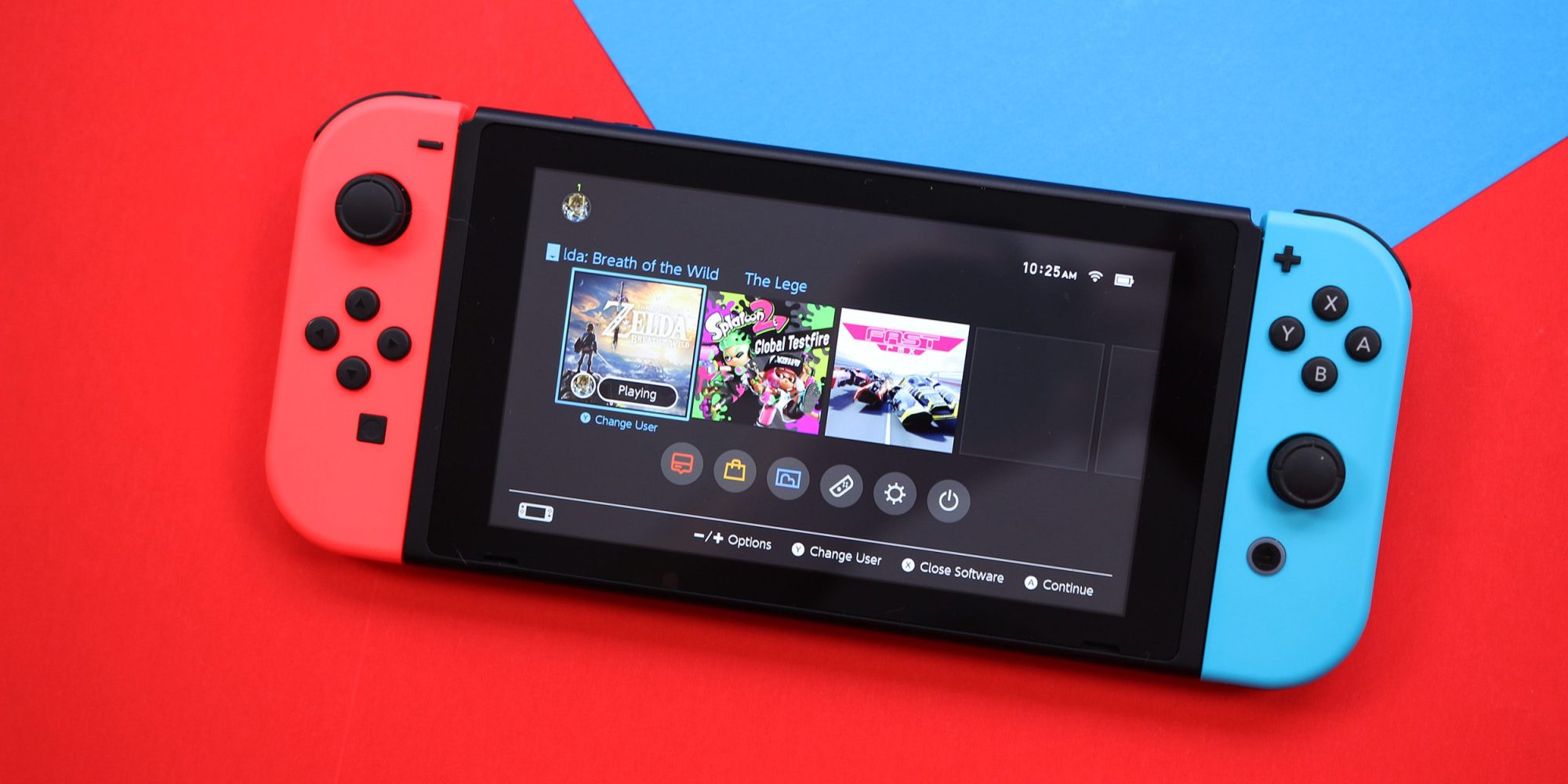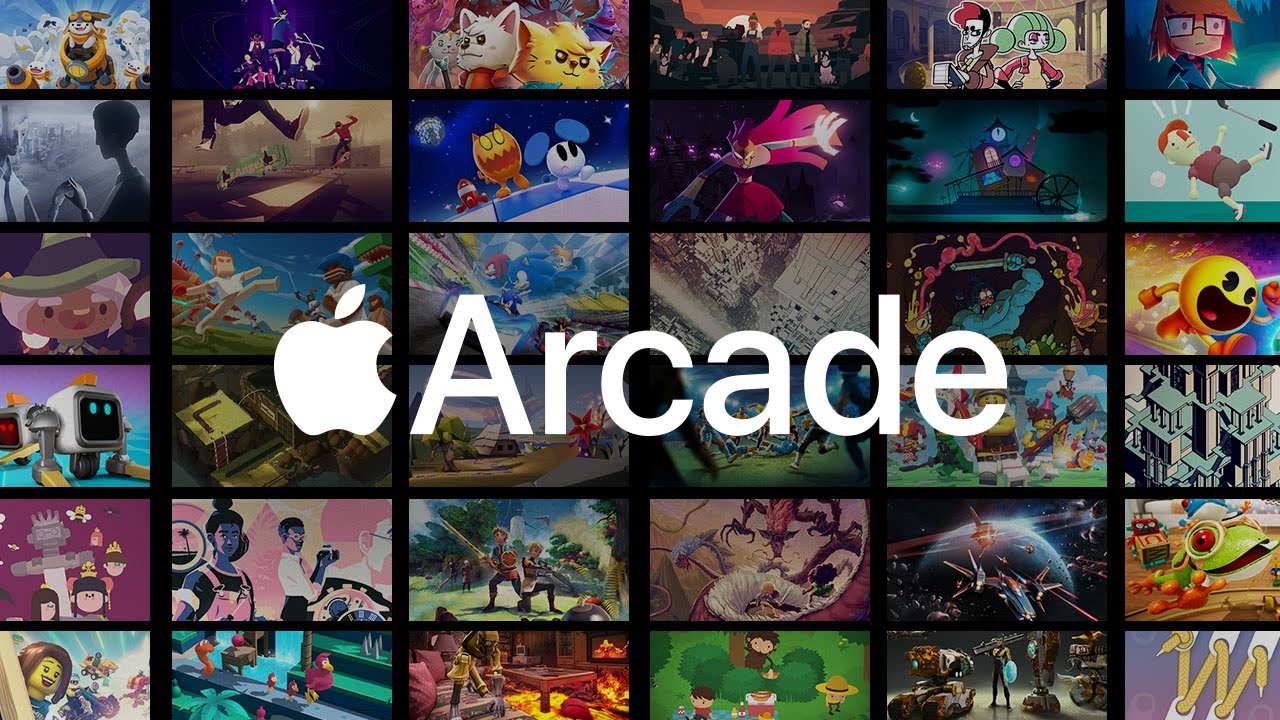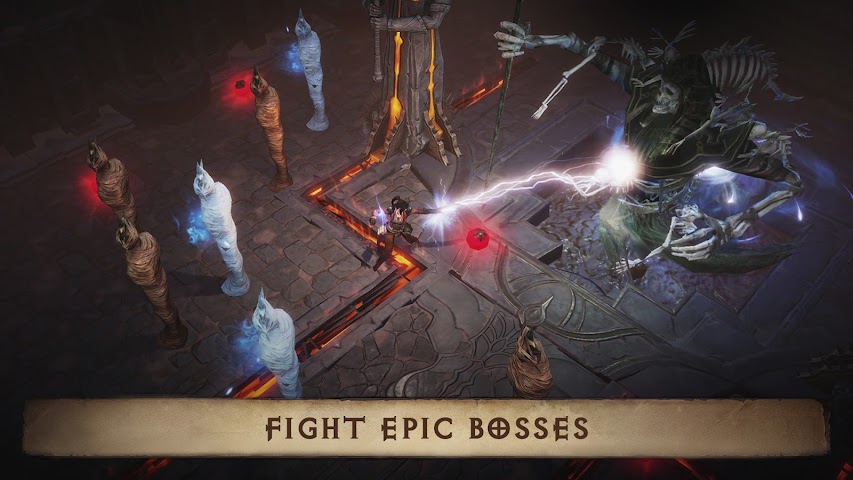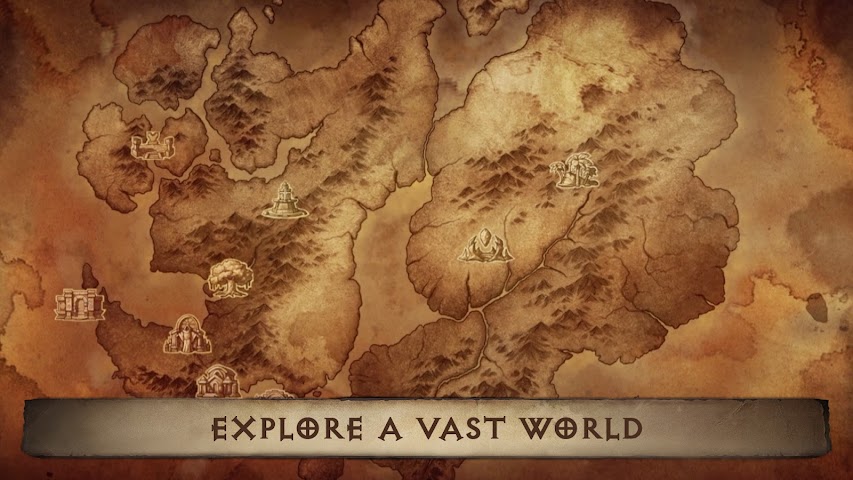Mobile games have turned the entire industry upside down in the last decade. In a relatively short period of time, smartphones have essentially become the dominant gaming platform, both in terms of revenue and the number of players involved. The field of mobile games is currently larger than the market for console and PC games. But he owes it to simple games and Pokémon GO.
The only reason this doesn't seem like doom for "classic" gaming is because it really isn't. There's no evidence that mobile games are dragging users or revenue away from platforms like PC and consoles, which did decline slightly last year, but a number of factors could be to blame, including chip shortages and supply chain issues.
It could be interest you

Different market, different manners
So, to a large extent, we have a coexistence of mobile games and games on more traditional platforms without them meeting each other. Some PC and console games have tried to adopt the ideas of mobile games regarding monetization and player retention, with varying but usually minimal success. Only some titles are strong enough to really work on both adult and mobile platforms. However, in general, mobile games are mobile games that are completely different from and independent of PC and console games in terms of design, monetization strategy, and target audience. So what's successful on PC and consoles can be a complete flop on mobile, and of course vice versa.
The problem with this separation usually arises not at the creative level, but at the business level. Investors in traditional gaming companies have a habit of watching the growth of the mobile sector and throwing tantrums at the fact that their company is not profiting from this growth. The fact that they assume that traditional gaming expertise will translate so smoothly to mobile games does not indicate that these investors have a good understanding of what they are actually investing their money in. Nevertheless, it is a very common opinion, which unfortunately has some weight in the minds of publishers. That's why almost every discussion about a given company's strategy has to mention mobile games in some way.
It could be interest you

It's just about the name, not the filling
It is a big question whether it even makes sense to bring big-name AAA titles to mobile platforms. In other words, sonorous names are of course necessary, because as soon as the user learns that the given title can also be played on a mobile phone, they usually try it. The problem, however, is that such a title often does not reach the quality of its original and practically just "cannibalizes" its original title. Developers often use mobile platforms more as advertising for full-fledged "adult" titles. Of course there are exceptions, and of course there are full-fledged and well-playable ports, but it's still not the same. In short, the mobile market differs from the console market in too many important ways.
One of the most important differences from the perspective of console publishers is that, with some notable exceptions, mobile customers don't seem to be very interested in big console games. Why doesn't a big developer come with one of their legendary titles and provide it 1:1 on mobile platforms? Or better yet, why isn't there a new epic game with a big name that isn't just a quickie pretending to be serious? Because there is still a significant risk that none of this will succeed. Instead, a title adapted for mobile gaming will be released, full of attractions for its players who are used to spending on such things as just the appearance of their hero. We'll see what the new one brings Mobile Diablo (if it ever comes out) as well as the recently announced one Warcraft. But I'm still afraid that even if these titles are successful, they'll just be the exceptions that prove the rule. After all candy Crush Saga a Fishdom they are big competitors.
It could be interest you

 Adam Kos
Adam Kos 






